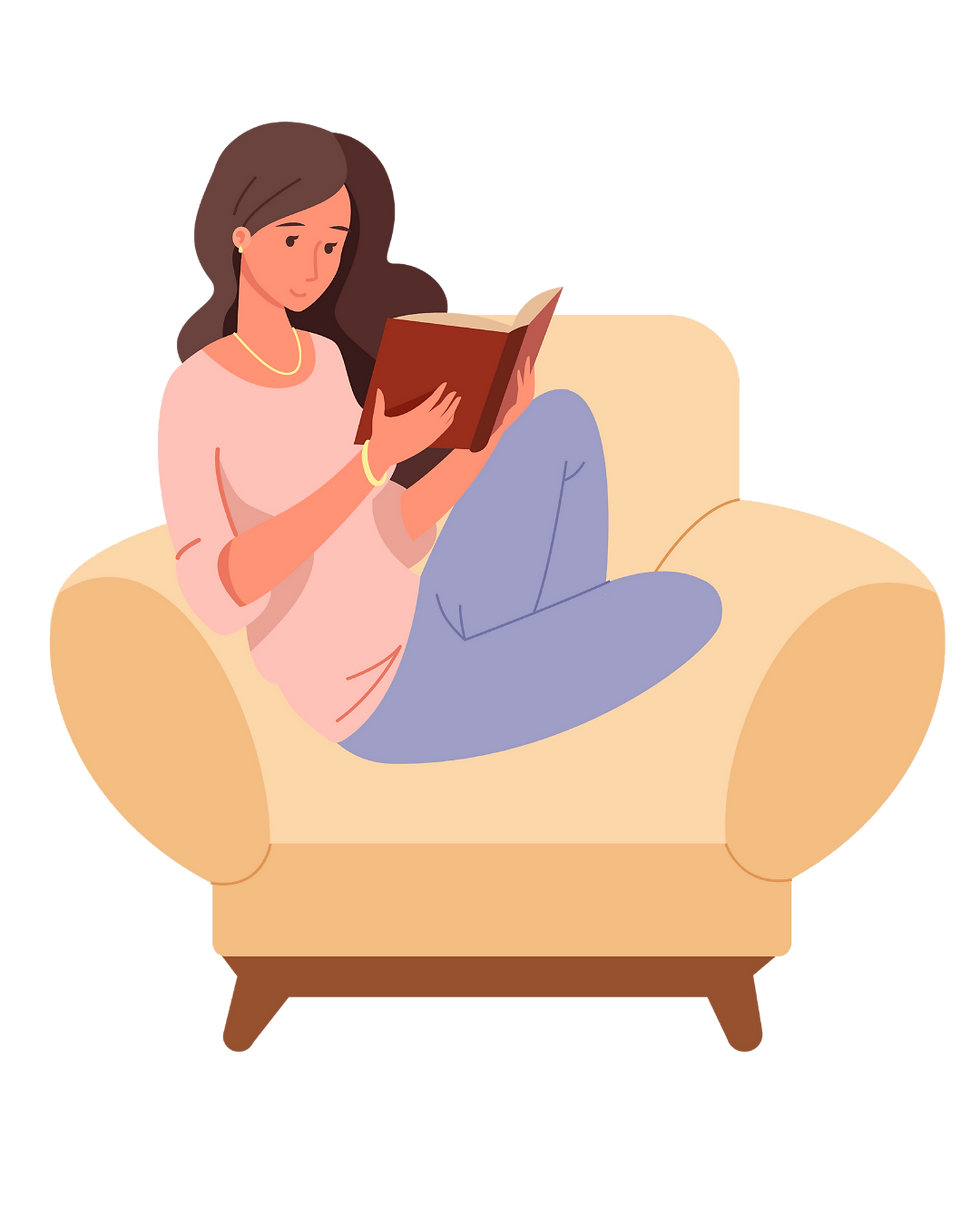The Power of Rest After Breast Cancer
- Kirstie Blanchette
- Aug 8, 2025
- 3 min read
Updated: Sep 4, 2025

If you’re feeling exhausted — in body, mind, or spirit — you’re not alone. Rest is something we all need, but very few of us are taught how to actually do it. And after breast cancer, when you’ve been through months or even years of stress, treatment, and physical change, rest becomes more than just important. It becomes essential.
And yet for so many women, resting feels almost impossible.
There’s the pressure to get back to normal. The house still needs tidying. Work is calling. People ask how they can help, but you don’t know what to say. And underneath it all, there can be a quiet voice saying, “You should be doing more.”
But rest isn’t a reward for being productive. It’s how we recover.
Rest is Part of the Healing Process
Breast cancer treatment affects every part of your being — physically, mentally, emotionally, and hormonally. And once active treatment ends, it’s easy to think you should feel “better” or “back to normal.” But your body and nervous system are still doing deep work behind the scenes.
That tiredness you feel isn’t just from lack of sleep. It’s fatigue that lives in your bones. It’s your body trying to rebuild. It’s your mind catching up with everything it’s been through.
Rest helps your body repair. It supports emotional processing, immune function, hormone regulation, and brain clarity. It’s not laziness, it’s biology.
What Rest Really Looks Like
Rest doesn’t always mean lying still or napping. It’s anything that gives your mind, body or nervous system a chance to breathe again.
That could be:
Sitting with a warm drink in silence
Taking a slow, phone-free walk
Listening to calming music
Turning down plans you don’t have energy for
Writing in your journal without needing to make sense of anything
Letting yourself do nothing for a little while, without guilt
It’s not about the activity. It’s about the feeling it creates. Rest is what helps you come back to yourself.
The Energy Battery Analogy
Think of yourself like a battery. Every day, things either drain your energy or recharge it.
Drains might include:
Noise and overstimulation
Rushing from one task to the next
Feeling responsible for everyone else’s wellbeing
Overthinking or worrying
Trying to push through exhaustion
Recharges might include:
Silence or solitude
Gentle movement
Reading something uplifting
Asking for help
Letting yourself not be productive for a while
If you’re constantly running on empty, it’s no wonder you feel burnt out. You don’t need to wait until you hit zero to plug in. The earlier you recharge, the easier life becomes.
Try writing down two columns:
What drains me right now? and
What fills me back up?
Then choose just one thing from the second column to give yourself today.
Even ten minutes makes a difference when it’s done with intention.
Getting Past the Guilt
This one’s huge, especially for women. So many of us feel guilty for resting. You might hear thoughts like:
“I should be doing something useful.”
“Other people have it worse.”
“I’ll rest later, once everything’s done.”
But that inner critic is often shaped by years of being praised for how busy we are. Rest challenges that conditioning. It’s an act of self-respect — and self-trust.
You don’t have to justify needing rest. And you don’t have to wait until you’ve hit breaking point to deserve it.
Making Rest a Daily Practice
The more you practise resting, the easier it gets. Here are a few ideas to help you bring it into daily life:
Block it out in your diary like any other appointment
Start small — five or ten minutes can be enough
Make a list of things that actually feel restorative for you
Give yourself permission to say no, without explanation
Remind yourself often: Rest is not a weakness, it’s a need
You don’t have to earn your rest. You just have to honour your need for it.
If you're looking for ideas check out my free self-care worksheet, page 2 contains the 'self-care' wheel, which is full of great tips to try.
Want Support With Learning How to Rest?
If you’ve been feeling frazzled, foggy or stuck in ‘go mode’, my self-guided mindfulness course can help. It’s designed especially for women navigating life after breast cancer, with four gentle, self-paced modules to support your healing. Through simple grounding practices, you’ll learn how to calm your nervous system, settle your mind, and create space for the kind of rest that truly restores you. You’ll get practical tools you can use daily — no experience needed, just a willingness to slow down and meet yourself with kindness.
Rest is not a sign that you’re falling behind. It’s how you move forward — gently, intentionally, and in a way that truly supports your recovery.
You deserve to feel well, nourished, and whole. And rest is a beautiful place to begin.




Comments